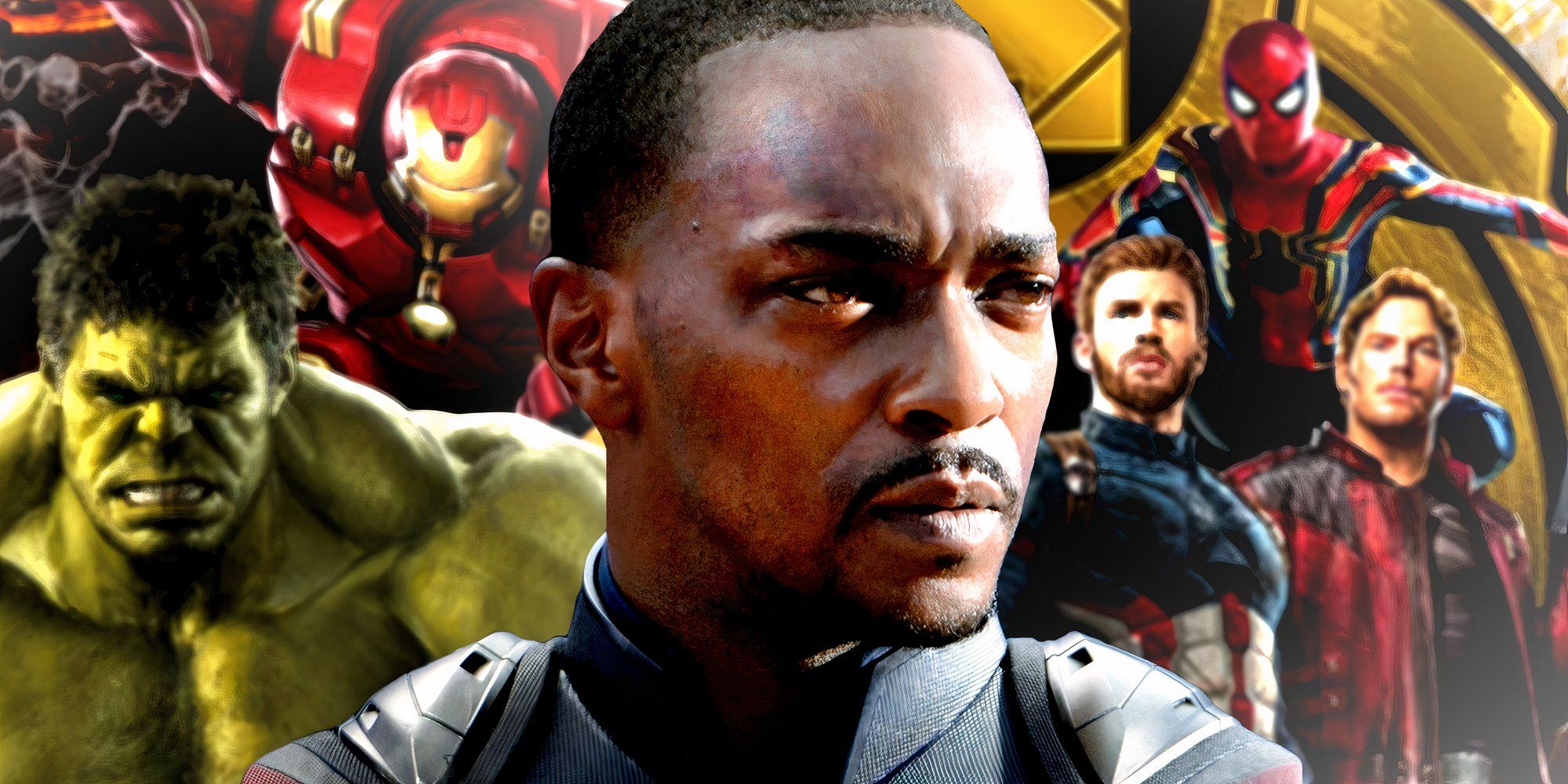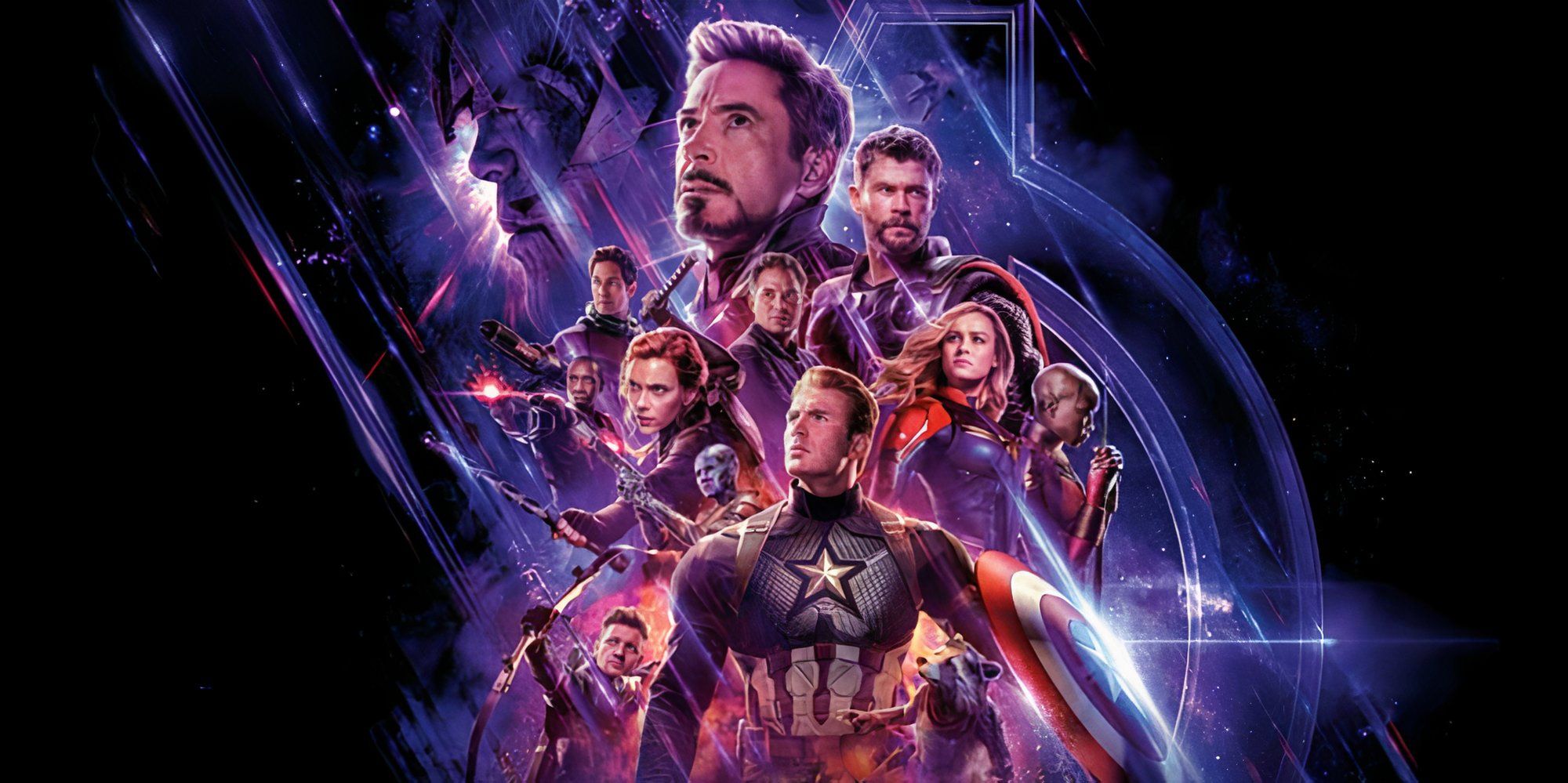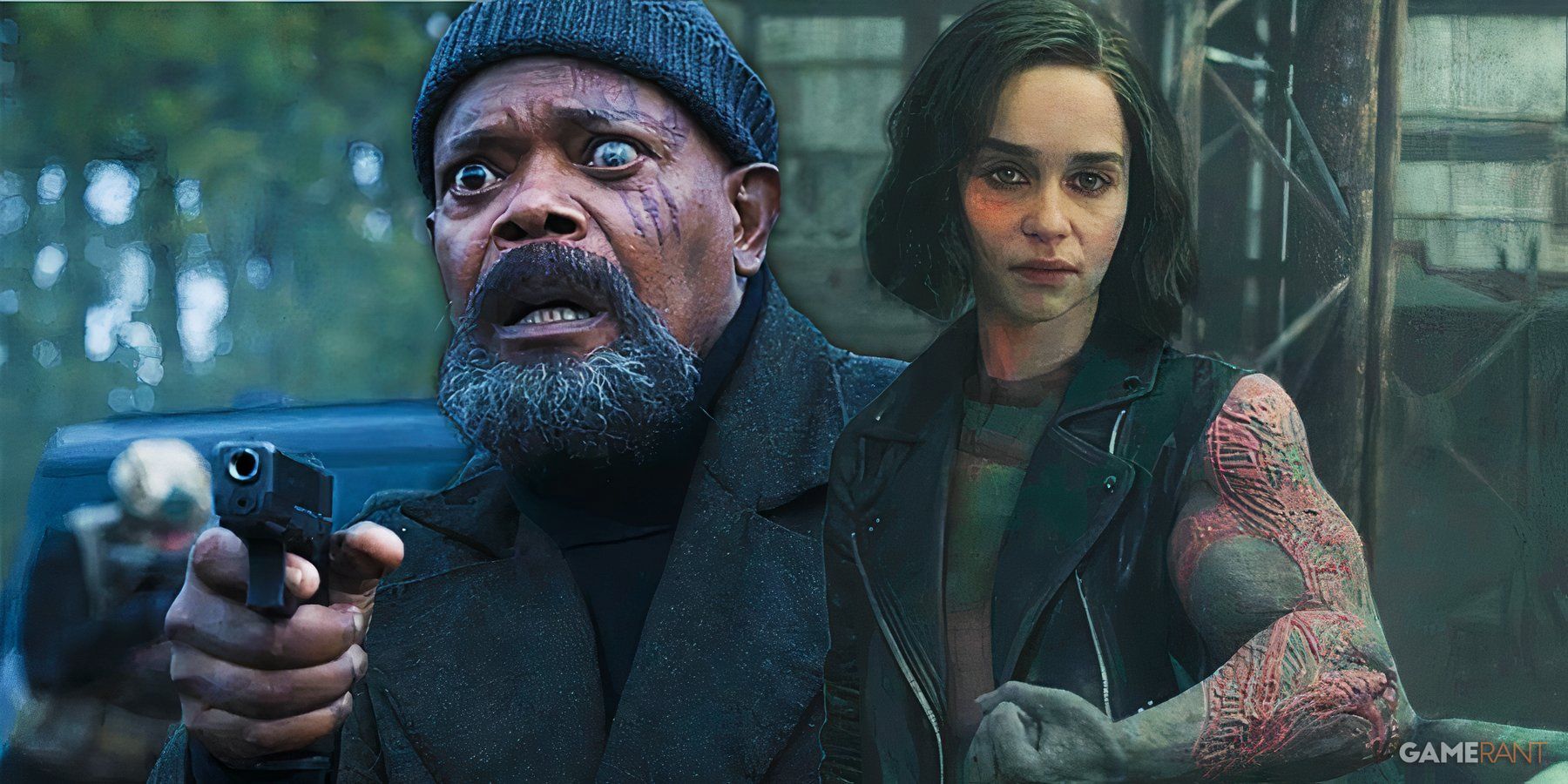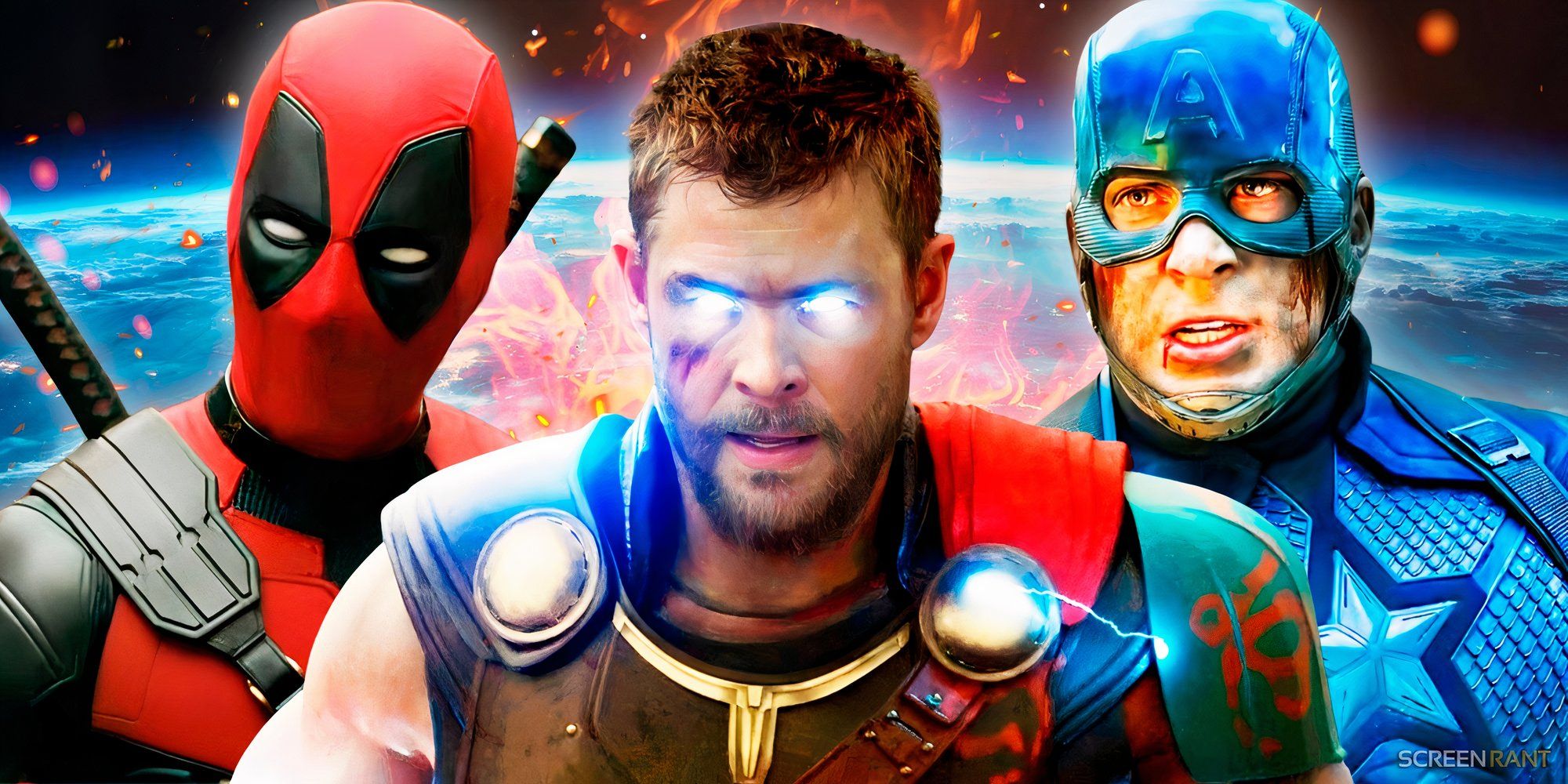
Summary
- Marvel’s reliance on nostalgia may hinder long-term success post-Endgame, leading to a cycle of temporary familiarity.
- Disney-backed Marvel is banking on familiar faces like Robert Downey Jr. to drive new Avengers sequels for short-term success.
- To revive the franchise, Marvel needs to embrace change and develop new characters rather than rely solely on nostalgia.
It’s no hidden fact that Marvel Studios has faced numerous challenges in the last few years. Ever since 2019, when the Infinity Saga concluded with Avengers: Endgame, the studio that once reigned supreme at blockbuster production has experienced setbacks across various areas. These have ranged from box office failures to legal issues, streaming demands, and poor critical reception. The Marvel Cinematic Universe has faced a considerable amount of turbulence. Yet, with two highly anticipated Avengers sequels in the pipeline, Marvel is placing high stakes on their brand making a comeback. Remarks by Captain America himself, Anthony Mackie, echo this optimism when discussing the upcoming Avengers: Doomsday. When asked about it, Mackie stated:
“It’s going to give the audience that old Marvel feeling that they always had.”
It appears that Marvel and Disney are counting on fans’ desire to see familiar faces, as evidenced by their strategies such as bringing back Robert Downey Jr. as Doctor Doom and inviting the Russo Brothers to direct the new Avengers films once more. However, this may not be the guaranteed success some might expect. The latest Avengers film, Avengers: Doomsday, seems to follow a strategy of “playing the hits” by giving fans what they think they want. But is that really what audiences crave now? Mackie’s comments suggest this mindset on the film set, but it remains to be seen if this approach will continue to resonate with modern audiences.
Why Marvel Fell Off After Endgame

Between 2008 and 2019, Marvel Studios significantly influenced both audiences and popular culture at large. From Iron Man to The Avengers to Captain America: Civil War, the studio created endearing characters over a span of more than ten years, which they then capitalized on due to the strong bond they had established with their audience. These character connections were so profound that Marvel could promote Avengers: Infinity War as ‘the concluding part,’ and then release another successful installment, Avengers: Endgame, a year later.
Indeed, in many aspects, Endgame truly felt like the last act. It wrapped up the narratives of numerous key characters and set the stage for future adventures yet unexplored. The film’s conclusive nature was further emphasized by the thoughtful finality it portrayed, which resonated even more profoundly due to the ongoing COVID-19 pandemic. With lockdowns and production delays, the franchise moved from releasing three films annually to none in 2020, adding an extra layer of closure to the cinematic experience.
Marvel had successfully instilled in viewers a habit of attending movies, staying for extra scenes after the credits, and eagerly waiting for the next installment. However, this break disrupted that pattern, making it more challenging to draw audiences back. Moreover, their initial comeback projects following the hiatus – the films Black Widow and Eternals, along with a series of Disney-directed streaming shows – were met with less than favorable reviews. These productions progressively deteriorated in quality, often feeling rushed and underdeveloped.
Marvel Struggles to Find Its Footing

Spider-Man: No Way Home“. This third installment capitalized on nostalgia by reintroducing popular actors from earlier films and storylines, creating some of the most obvious ‘moment to applaud’ scenes in cinema history.
In the midst of ongoing challenges with new ventures, Marvel found solace and prosperity by tapping into nostalgia with “Spider-Man: No Way Home.” It was secure, comforting, and profitable. Fast forward a few years, and Marvel Studios replicated this formula with “Deadpool & Wolverine,” which also proved to be one of their most successful productions in quite some time.
During these turmoils, Marvel found itself entangled in legal disputes. The actor selected for a key role as the multiverse supervillain Kang, Jonathan Majors, faced accusations and was convicted of assault. Consequently, the studio, backed by Disney, had no other option but to cut ties with him. While it could have been possible to replace Kang and continue with the existing plan, which included storylines being developed for multiple upcoming movies and series, Marvel chose to seize this opportunity for a significant change in direction.
A Return to the Familiar

Out of nowhere, it was revealed that the Russo Brothers were returning, and Robert Downey Jr., appearing at Comic-Con, confirmed his return to the series in a different role – Doctor Doom, the main antagonist. This move signified Marvel’s usual approach: abandoning recent projects that didn’t resonate with audiences, and instead relying on their proven successes.
It’s important to acknowledge that since the MCU’s peak popularity, pop culture has significantly evolved. Back then, numerous superhero franchises were thriving alongside the MCU. Can you believe an Aquaman movie grossed a billion dollars in 2019? The appetite for superhero content was insatiable. However, by 2025, the landscape of blockbusters and cinema will be drastically different from what it was in 2019.
For Marvel to achieve similar success again, it’s crucial for them to advance and welcome change. Instead of shying away from projects and characters initially met with skepticism by audiences, they should have wholeheartedly accepted them, providing them an opportunity to flourish. The first Iron Man movie didn’t become a billion-dollar blockbuster overnight; it took time to reach that level of success. There needed to be a period of grace for these new characters if they were to have any chance of thriving. However, under Disney’s leadership, Marvel seemed reluctant to do this. Instead, they opted for nostalgic strategies that delivered short-term gains but might be undermining their long-term prospects.
When Anthony Mackie mentions that Avengers: Doomsday is striving for that “classic Marvel vibe,” it’s not unexpected, but it does mean sacrificing opportunities for novelty and innovation. Marvel seems to have opted for the comfort of familiarity, which may be lucrative in the short term, rather than investing effort to plant fresh ideas. This decision might prove detrimental to audiences in the long run.
Read More
- Best Awakened Hollyberry Build In Cookie Run Kingdom
- AI16Z PREDICTION. AI16Z cryptocurrency
- Nintendo Offers Higher Margins to Japanese Retailers in Switch 2 Push
- Best Mage Skills in Tainted Grail: The Fall of Avalon
- Tainted Grail the Fall of Avalon: Should You Turn in Vidar?
- Nintendo Switch 2 Confirms Important Child Safety Feature
- Nintendo May Be Struggling to Meet Switch 2 Demand in Japan
- Top 8 UFC 5 Perks Every Fighter Should Use
- Nintendo Dismisses Report On Switch 2 Retailer Profit Margins
- Nvidia Reports Record Q1 Revenue
2025-04-18 17:44